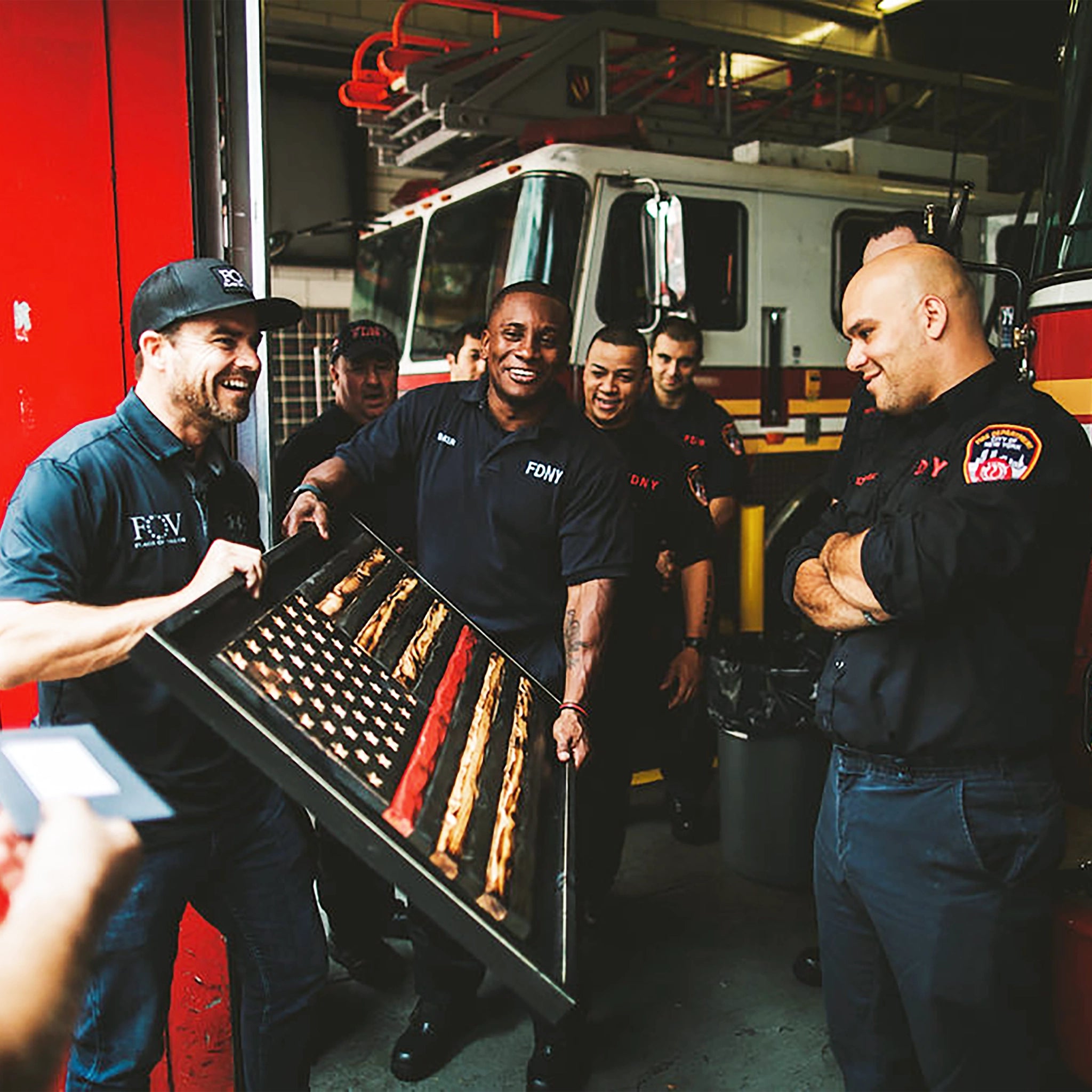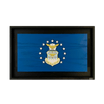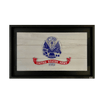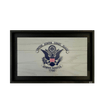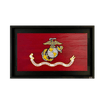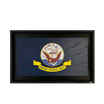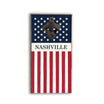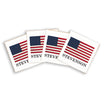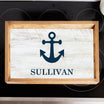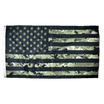The military is deeply rooted in acronyms, slang phrases, and a commonality that is not so common when witnessed from the outside. It seems that once enlisted or commissioned, that the need for full sentences, proper nouns, and non-abbreviated dialect is no longer necessary. From the wishy-washy commands of the sailor, amusing mottos of the airmen, to the groans of the rifleman; all military jargon can be broken down and decoded through the use of practicality, logic, and necessity.
Although, a civilian must be forewarned that a person may have to tap into their low-brow or mischievous side in order to fully grasp the communication efforts of the free-range and seasoned service member. In order for a "civi" or "townie" (see we've already begun) to better chip away at the mounds of letters and word clusters that is military jargon; one must first compartmentalize a few specific areas:
The Who...
When it comes to the operations of the United States service members, the need for quick, efficient, and universal directives are an imperative element to mission success. The best way for members across the board to understand these mandates and regulations is by shortening them. First and foremost, a military member needs to be able to explain their rank, and place within the hierarchy, just by using a few letters and numbers (unless you meet someone in the Navy, then you might want to invest in a decoder ring). The more important one becomes within their unit the more annunciation is required. This is comparable to having a junior salesman start at a business firm. Middle management is not going to refer to them as "Junior Salesman Jones", but instead dubbing that person the "new guy".
The Where...
Locations, inanimate objects, and processes are also labeled through the use of acronyms and word dissection. The shopping networks of: AAFES, BX, PX, DLATS, and MCX are all signifiers and code for "these places will take your money". When a civilian wants to go spend their hard earned paycheck on slot machines they might exclaim, "AC (Atlantic City) Bound!", and after losing all of that money a civilian might also choose to rush themselves to the ER (emergency room).
…And The What
Schools and courses also create a need for individually lettered titles. AIT, RASP, BMT, and MOS all help in addressing what courses one has taken, and where at a military member might be in their career. For a "commoner", this correlates to being accepted into UCLA rather than MIT, and having to retake the SAT because your GPA was too low (see all of those acronyms make sense).
Across the board the men and women of the armed forces are thrown an upheaval of responsibility in a short amount of time. The very last thing that an actively engaged member wants to worry about is referring to the DFAC in its full nomenclature of dining facility. There are to many ammo counts, fields notes, and avionic schematics to remember. So whether the person is a "Jarhead" or a "Zoomie", everyone can agree that jargon not only makes the military more efficient, but also helps to weed out the disingenuous (i.e. IYDKNYK or "If You Don't Know Now You Know!"…….simple right?).
